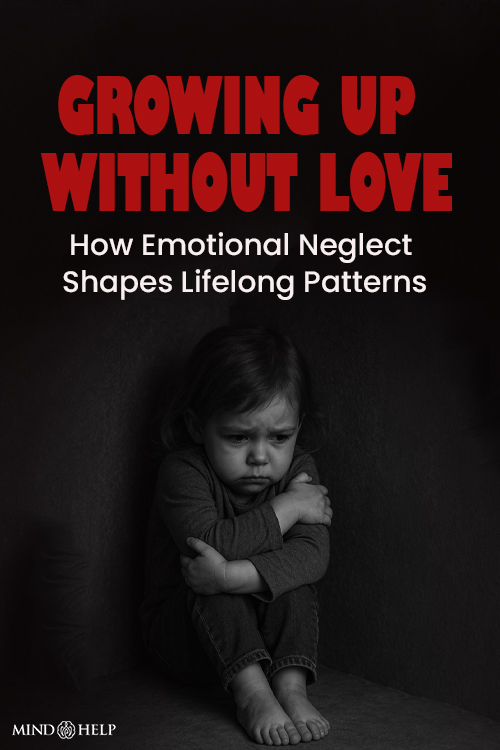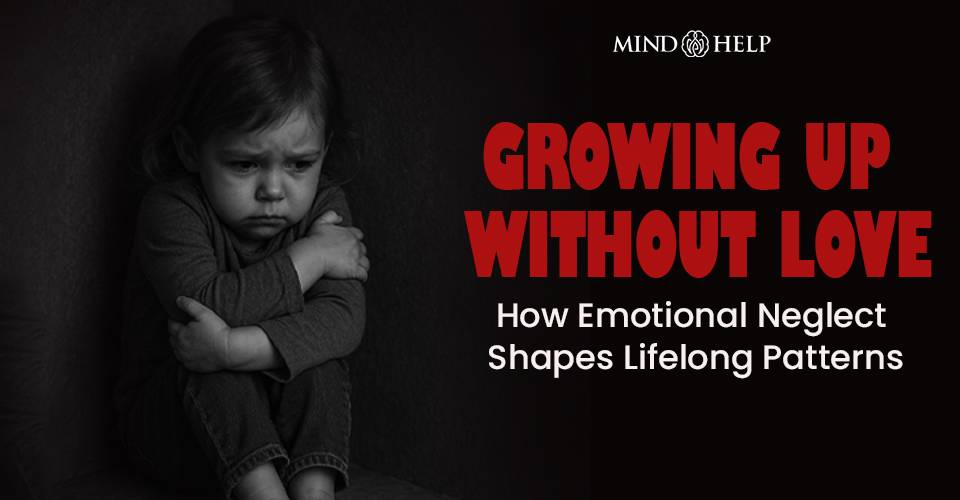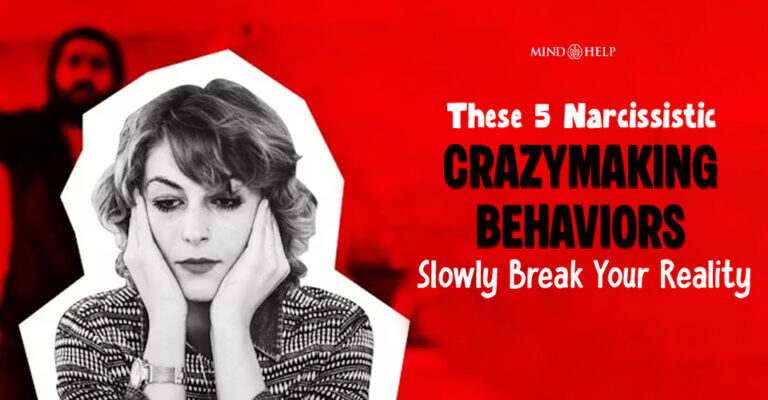Growing up without love often hides behind a picture-perfect surface. From the outside, everything may look fine—you had food on the table, clothes to wear, and went to school on time. But deep inside, something vital was missing.
When a child grows up with neglect, rejection, or growing up without a mother’s love, the absence of emotional nurturance leaves behind scars that are invisible to others but deeply felt within. People around might dismiss your pain by saying:
“You were never hungry, so what’s the problem?”
“You had everything you needed, why are you complaining?”
Yet these comments ignore the truth: unloved children suffer not from material deprivation, but from unmet emotional needs. When affection, validation, and consistent presence are missing, the child’s sense of safety and self-worth erodes. These emotional wounds eventually shape their identity, behavior, and relationships well into adulthood.
The painful reality is that without warmth, security, and unconditional love, children often grow into adults who carry a void inside them—a space where confidence, trust, and healthy relationships struggle to grow. This is especially true for unloved daughters, who as adults often find themselves stuck in repetitive behavioral patterns that harm their self-image and relationships.
Let’s explore 10 such patterns that many unloved daughters and sons as adults tend to repeat, often without realizing it.
Read: 8 Old Fashioned Things Parents Expect — And We’re Still Not Off The Hook
Growing Up Without Love: 10 Behavioral Patterns of Adults
1. Trying to Earn Love
Children who were neglected or emotionally invalidated learn early on that love is conditional. Instead of believing they are inherently lovable, they grow up thinking love must be earned. As adults, they put others’ needs before their own, accept poor treatment, and struggle to set boundaries—often attracting partners who are emotionally unavailable or narcissistic.
2. Struggling to Trust Others
When growing up without a mother’s love or the support of reliable caregivers, children learn that even those closest to them cannot be trusted. As adults, this mistrust lingers. Genuine compliments feel fake, intentions are doubted, and leaning on someone feels unsafe—because the brain still whispers: “They will abandon you, just like before.”
3. Self-Criticism and Overthinking
Without consistent love and encouragement, unloved children internalize the belief that something is wrong with them. This becomes a habit of overthinking, self-blame, and relentless inner criticism. As adults, they replay past conversations, analyze others’ behavior, and constantly wonder, “Was it my fault?”
4. Becoming the Overachiever
Some children only receive attention when they succeed—whether through grades, achievements, or recognition. As a result, unloved daughters as adults often equate worth with accomplishments. They live in the endless pursuit of the next milestone: the better job, bigger house, or latest promotion—never truly feeling enough.
5. The Inability to Say “No”
For many unloved children, silence and compliance were survival tools. Saying “yes” became a way to avoid punishment, criticism, or rejection. As adults, this pattern morphs into chronic people-pleasing. They say “yes” when they desperately want to say “no,” sacrificing their truth just to feel safe or accepted.
6. Being Emotionally Closed-Off
When emotions were punished or ignored in childhood, expressing them became unsafe. As adults, these individuals bottle up their feelings, often appearing cold or distant. Inside, though, they carry heavy loads of grief, anger, and anxiety. They long to connect but fear vulnerability will only lead to pain.
7. Choosing to Be a Loner
Without trust or safety, intimacy can feel threatening. Many unloved daughters retreat into solitude, convincing themselves they’re better off alone. While time alone can be restorative, isolation becomes a defense mechanism. The walls that once kept chaos away now block meaningful love and connections.
8. Difficulty with Boundaries
Children who lacked emotional validation never learned healthy boundaries. As adults, some avoid asking for help, fearing it makes them weak. Others overextend themselves, solving everyone’s problems while neglecting their own. Either way, boundaries feel foreign, uncomfortable, and guilt-inducing.
9. Longing to Be a Child Again
Deep inside, many unloved daughters as adults secretly long for the childhood they never had—one filled with safety, care, and unconditional affection. This longing often leads to relationships with unhealthy power dynamics, where they unconsciously seek the nurturing they were once denied.
10. Living in Survival Mode
The coping skills that helped unloved children survive—hypervigilance, emotional walls, and people-pleasing—become barriers in adulthood. What once protected them now blocks joy, intimacy, and self-expression. Living in constant alert mode drains energy and makes love feel like a risk rather than a refuge.
Breaking Free: Healing From an Unloved Childhood
The good news is that an unhappy past does not have to define your future. Recognizing these patterns is the first step to change. By acknowledging your emotional wounds, you can begin the journey of healing. Therapy, self-compassion, and boundary-setting can slowly rebuild trust, restore emotional safety, and open the door to healthier relationships.
Growing up without love may shape your identity, but it doesn’t have to imprison you. With awareness and healing, those who were once denied unconditional love often grow into adults who are not only capable of receiving love but also become deeply compassionate toward themselves and others.
Love can be found, nurtured, and given—especially to yourself.








